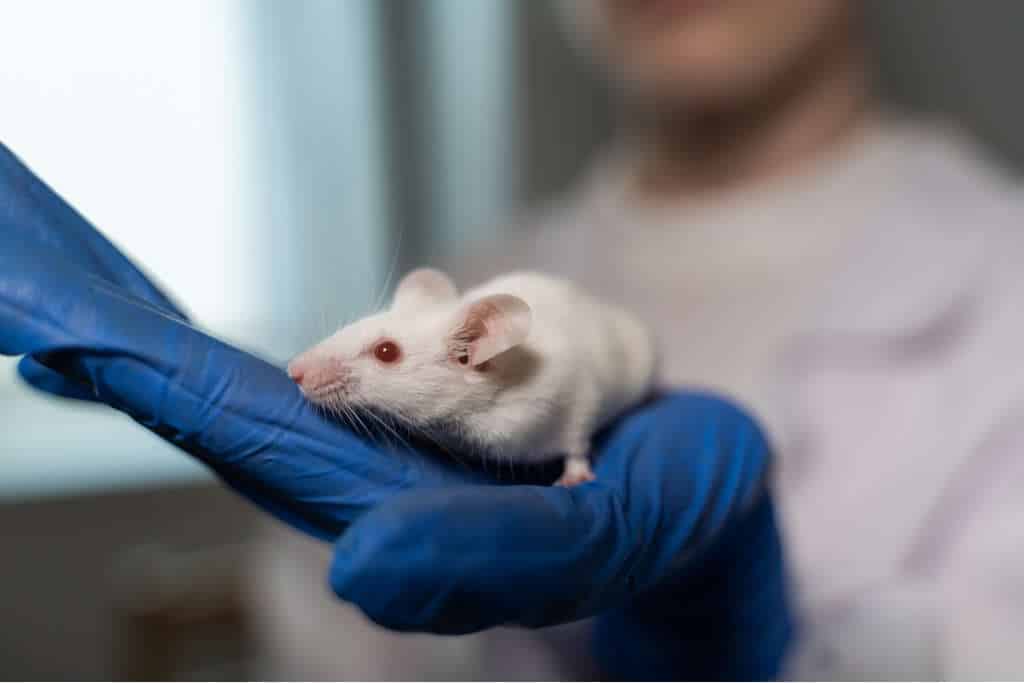The U.S. company Manifold Bio has raised $40 million in a Series A round to bankroll protein barcoding technology that could speed up the preclinical development of targeted cancer drugs.
Two years after bagging a $5.4 million seed investment, the Boston-based protein drug developer Manifold Bio has hit the headlines with a $40 million round led by the tech- and biotech-focused investor Triatomic Capital.
Manifold Bio will use the cash to fund the expansion of its protein engineering technology and the development of protein drugs for cancer. One main focus of the startup is a type of drugs called targeted effectors. This class, including cell engagers and antibody-drug conjugates, involves attaching a therapeutic payload onto a carrier molecule that delivers the payload to a specific site in the body.
“The promise of this class was first exemplified by monoclonal antibodies like Rituximab, which took a big step beyond chemotherapies, paving a shift from the legacy of indiscriminate killing of all dividing cells to just those cells, mostly cancerous, that expressed its target,” explained Manifold’s founders in a recent blog post.
Manifold Bio was founded by industry heavyweight George Church and colleagues at Harvard Medical School and the Wyss Institute for Biologically Inspired Engineering. The startup aims to speed up the progress of targeted drugs through preclinical development. This costly process typically involves screening the target-binding activity of the drugs in cells in dishes and then laboriously trying to replicate the effects in live animals, one drug at a time.
“Despite a growing understanding of surface targets of diseased cells and the promise of new complex antibody formats, drug programs continue to face significant clinical challenges, including major dose limiting toxicities caused by imprecise targeting,” said Manifold Bio co-founder and CEO Gleb Kuznetsov in a public statement. “This comes from fundamental limitations of the current paradigm of protein therapeutics development, where engineering of these targeted drugs is largely decoupled from the complex mammalian environment they are meant to navigate.”
To solve this challenge, Manifold screens many protein drug candidates at once in a mouse disease model. The company can detect which drugs have bound to cancer targets by labelling each drug with a unique protein “barcode.” This barcode is read when the company converts the protein drugs into DNA.
“We are using our in vivo design engine in several internal programs while continuing to invest in scaling our platform,” said Manifold’s co-founder and CSO Pierce Ogden. “By making it possible to eventually test thousands of designs simultaneously, we can generate unprecedented data on the in vivo targeting behavior of our drug candidates and significantly change the clinical risk equation.”
In addition to its current drug programs, Manifold is on the lookout for opportunities to launch additional programs and partnerships.
There are many companies that are seeking to reduce the amount of in vivo work required to screen new drugs. Some of the technology in development that could substitute this step include bioprinted tissue, organoids and organs-on-chips.
Manifold’s Series A round was also the first investment of Triatomic Capital. The investment firm was recently set up in Nevada with the goal of nurturing companies developing what it dubs “century defining” technologies, including AI, next-generation nuclear power, synthetic biology and battery storage.





